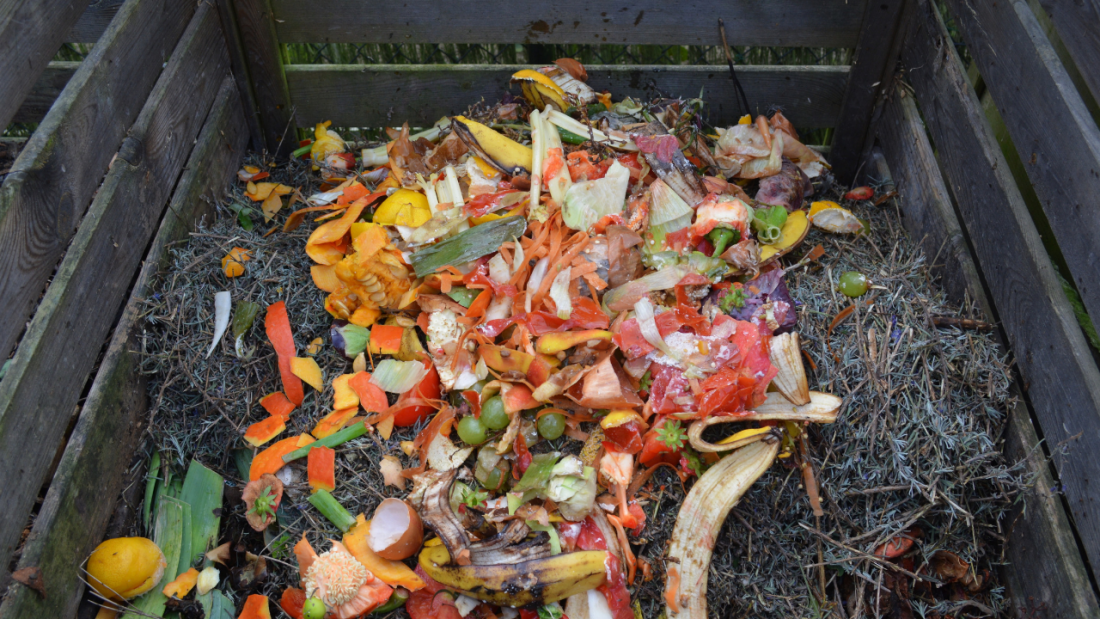Sustainable food is not just about what we eat, where it is grown or how much we eat. It is also about what we waste. About one third of all food produced worldwide is lost or wasted. And around 8% of greenhouse gases come from food waste. This is why it is important to aim for no food waste.
Greenhouse gases
- When food rots it produces methane. Methane is 25 times more harmful than carbon pollution from cars.
- The amount of greenhouse gases from food worldwide, if it was a country, would be placed third after the USA and China.
- No food waste would reduce carbon dioxide emissions by 4.4 million tonnes, which is the same as taking one in four cars off the road.
Food waste facts
- Nearly half of all of the fruit and vegetables produced are wasted. They are rejected because they don’t “look right”.
- Throwing away a burger wastes water. One burger is about the same amount of water as a 90-minute shower.
- In Australia, the annual amount of food waste fills the space of 9,000 Olympic sized swimming pools, or 450,000 garbage trucks.
Food equality
- There is enough food produced worldwide to feed everyone.
- One in nine do not have enough food to eat, which means 793 million people are undernourished.
- If one quarter of the world’s wasted food was saved, it would feed 870 million hungry people.
- In Australia, nearly four million people don’t have enough food each year. A quarter are children. And 710,000 people rely on food relief each month.
The cost
- In Australia, the annual cost of food waste is estimated at $8 billion.
- NSW surveys estimate the annual cost per household in NSW is $1,036. This dollar amount is similar to a 6-month electricity bill for an average household.
- Hidden costs are water, fuel and other resources used to grow, harvest, transport, process, package and store food.
Why we waste food
- Cook too much.
- Don’t use our left-over foods, because we don’t know how.
- Shop without checking our cupboard, fridge and freezer first.
- Shop when we are hungry so buy more than we need.
- Purchase last-minute take away meals even when we have food at home to cook.
Aim for no food waste
Use these tips to get started:
- Plan meals for the week.
- Write a shopping list based on what is in your cupboard, fridge and freezer (and garden).
- Try not to shop when you are hungry!
- Only buy what is on your shopping list, unless there is a great saving on a non-perishable food that you frequently eat.
- Buy fresh fruit and vegetables that are fresh, not dull or wilted.
- Store fresh fruit and vegetables (except potatoes and bananas) in the refrigerator.
- Cook enough food for the number of diners, or you might like to plan for left-overs for lunch the next day.
- Freeze left-overs.
- Use older vegetables in soups, curries and casseroles.
- Compost unused parts of plant foods. When possible eat the skins on fruits and vegetables.
I would love to hear how you reduce food waste too. Let’s build this list together.
The Eating for You book contains great tips on eating mindfully (and ethically)
Other references for this article
